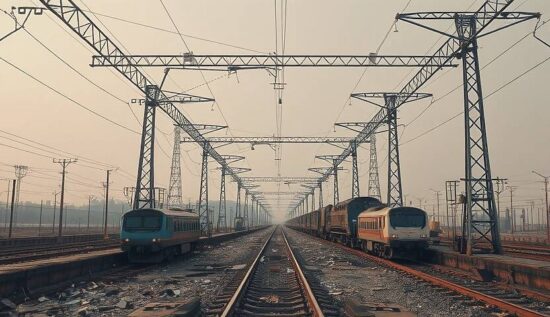Thirty-five years after the fall of the Berlin Wall, Germany’s infrastructure is crumbling. The country’s aging water pipes, bridges, and rail networks are a stark reminder of the consequences of decades of underinvestment and neglect.
A recent water pipe burst in Berlin’s Wedding district left thousands of residents without access to clean drinking water on New Year’s Eve. The pipe, which was over 100 years old, is just one of many examples of the country’s aging infrastructure.
Experts warn that the use of lead pipes, which were common in the past, can leach toxic substances into the water supply, posing a risk to public health, especially for children and the elderly.
The financial constraints faced by local authorities, who are responsible for maintaining the infrastructure, are a major factor in the crisis. The government’s reluctance to invest in the country’s infrastructure has led to a situation where many essential services are being cut back or left in a state of disrepair.
The healthcare system is also in crisis, with many hospitals and clinics struggling to stay afloat due to a lack of funding. The German Hospital Association has warned of a “historic low point” in the sector’s financial situation, and the country’s pharmaceutical industry is also facing a shortage of essential medicines.
The country’s rail network is also in a state of disrepair, with many bridges and tracks in need of urgent repair or replacement. The problem has been known for years, but little has been done to address it.
Experts blame the government’s neoliberal policies, which prioritize profit over public services, for the crisis. The prioritization of private interests over the common good has led to a situation where essential services are being neglected and left to crumble.
As the country marks the 35th anniversary of the fall of the Berlin Wall, it is a stark reminder of the importance of investing in the common good, rather than just the interests of the wealthy and powerful.





